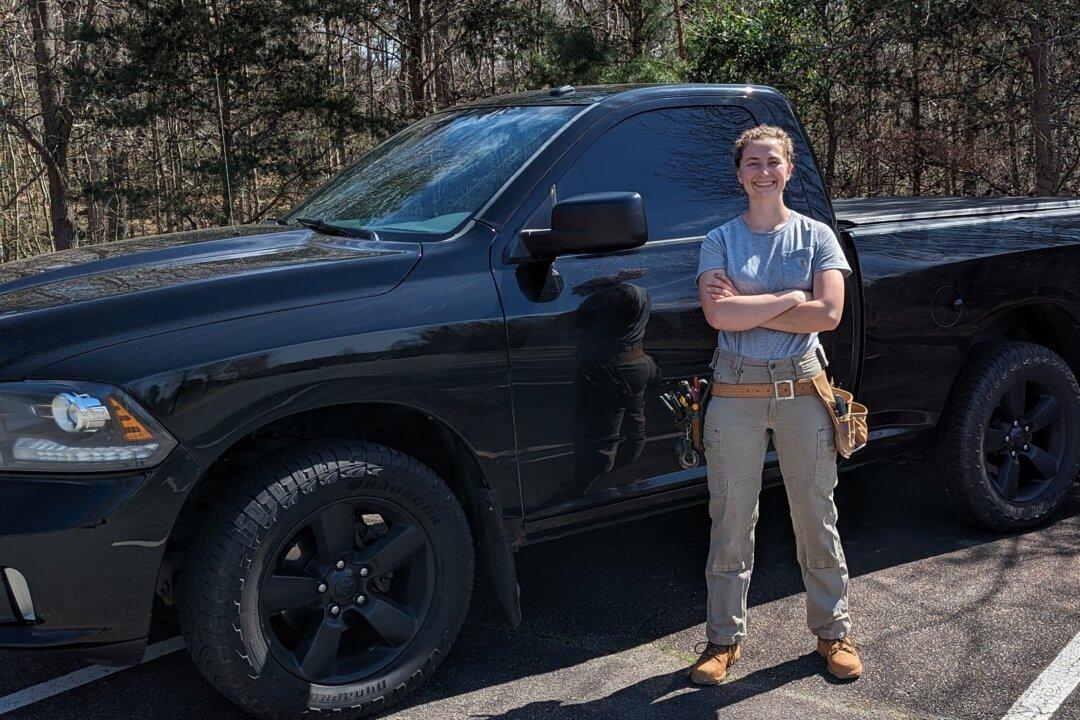The United States needs skilled workers in the trades more than ever, yet each passing year finds the United States short of welders, electricians, plumbers, carpenters, and others engaged in building and manufacturing. Despite good wages, job openings across the country, and steady work, the number of young people entering the trades isn’t even close to matching the number of available positions. In manufacturing, for instance, more than 600,000 jobs remain open every month.
A number of factors account for this disparity. An aging workforce is taking retirement faster than they can be replaced. A cultural bias against vocational schools remains in play, with one survey of those ages 18 to 20 finding that 79 percent said their parents wanted them to attend college, while only 5 percent were encouraged to pursue the trades. Meanwhile, the boom in construction and manufacturing, along with the increasing need for repairs to our country’s infrastructure, has driven demand for skilled workers through the roof.






